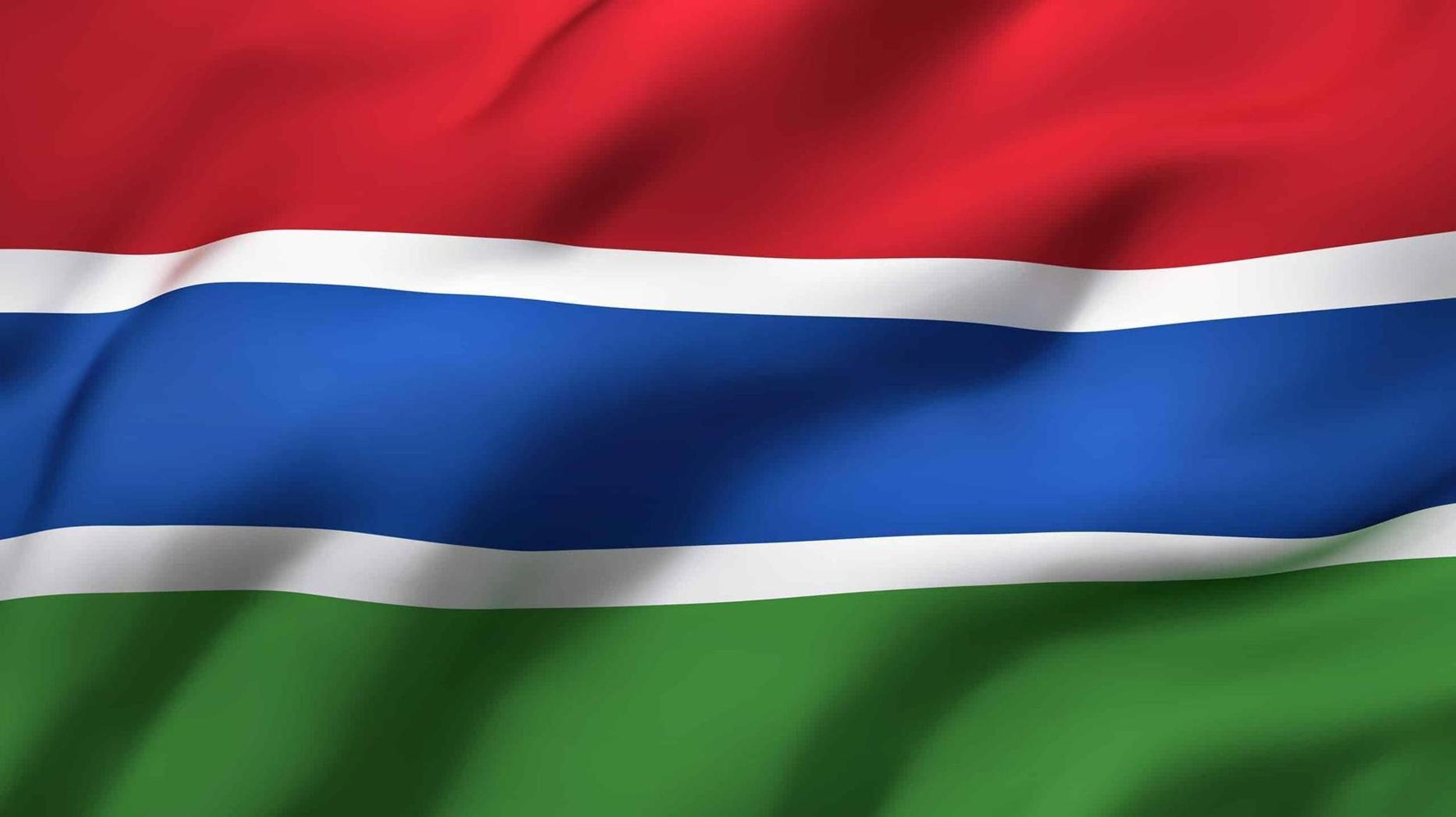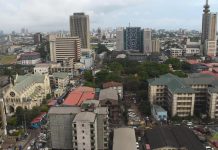Africa-Press – Gambia. It is amazing how the twin Bretton Woods Institutions, that is, the International Monetary Fund (IMF) and World Bank Group (WBG), have together managed so much oversight control in 80 years.
Not just coordination at macro-, but also micro-level, at the risk of social instability in exchange for some of the funds provided. Remember the structural adjustment programs of past decades, sometimes one-size-fits-all, that weakened state capacity, only to be overwhelmed later with social disaster due to poor education, mass unemployment, health emergencies, and political upheaval.
The lost decades for many countries, some have argued, with only China and a few others having succeeded in moving millions of their citizens out of poverty, for example.
Closer home, a report on Gambian public, and publicly guaranteed, debt was recently published by the World Bank Group: The Gambia Public Debt: An Achilles Heel? The Gambia Economic Update – Spring 2025; and authorized for public disclosure, with no guarantee for the accuracy of the data. The current context in the Senegambian region is that billions are being queried in audit and assessment reports, raising the simple question of capacity. That is, not just of the state, but also capacity of the IMF/World Bank in supervising the state?
Now to the Greek myth of the Trojan horse. The warrior Achille’s fatal weak spot in battle was only his heel, which in the report illustrates The Gambia’s weak spot(s) in the battle to sustain debt. In school days, we were taught about Pythagoras theorem, simply about the diagonal of a right-angle triangle being shorter than the two sides put together. However, a local example like compound, or field, closer home and more familiar, might have been more interesting.
Moreover, ancient Greek history some 2,500 years ago is no more relevant to a continuous African reality more than 5,000 years ago, before the arrival of Europeans, or Arabs. African state building experience was fraught with violence and royal court intrigues, but cooperative organization was anchored in community life beyond ethno-religious, gender and age-cohort identities. Herein lies the African spirit of resilience to this day, despite the twin traumas of violent enslavement and colonialism over centuries.
At the Bretton woods table 80 years ago, as was true of the Berlin conference 140 years ago, African voices were largely suppressed. Today, Africa is at the table, but largely supervised, or controlled. The Gambia, though over-burdened with debt, gets to chair an African caucus within the Bretton woods institutions, which only Euro-Americans can head. Just like the new colonial commonwealth that only the British monarch can head, with no rotation principle. Small wonder that mass misery has yet to end. Or is there light at the end of the miserable debt tunnel?
In sum a positive outlook, but high risk of distress
The Gambia government’s borrowing to cover deficit in spending, that is, public and publicly guaranteed debt, remains high “although it has been falling over the past two years, raising concerns about its impact on the economy.” The total “has increased over the last decade, reaching 83.2 percent of GDP [Gross Domestic Product, or output value of goods and services] in 2022, due to structural factors such as low domestic savings, low tax revenue, a large external deficit, low inflows of private capital, and climate events.” p.vii.
Is it possible to bring down this troubling ratio, with the right mix of disciplined measures? It reads: “Thanks to progress in domestic revenue mobilization, public debt has begun to decline, falling to 71.2 percent of GDP in 2024.” Its character is largely external and multilateral, by about 65 percent and 68 percent, respectively. And the commercial banks are the main domestic creditors. But most importantly, servicing the debt is high, “averaging 6.5 percent of GDP in 2024, equivalent to over one-third of public spending… limit[ing] the government’s ability to finance development programs.” Thus, still “at high risk of… overall debt distress.”
Such ineffective, IMF/World Bank supervision of a permanent cost-of-living crisis, etched in estimated figures without a guarantee of validity, must give way to own, decentralized management and oversight. As we are reminded of uncertainties, including: “Any political uncertainty related to the upcoming presidential election could negatively affect macroeconomic stability.” What about the microeconomic suffering of Senegambian citizens, under centralized IMF/World Bank control? Where is the African Monetary Fund, African Investment Bank, or African Central Bank, based on principled subsidiary roles in the global system?
Source: voice of gambia
For More News And Analysis About Gambia Follow Africa-Press






